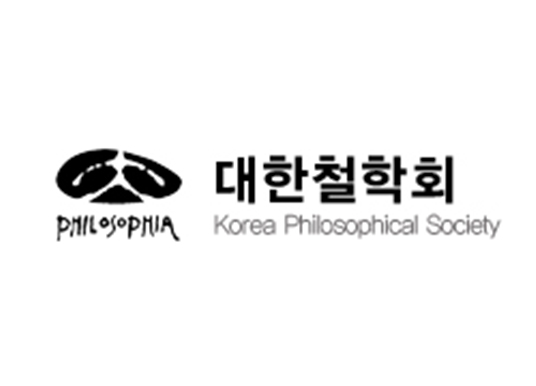베이컨 형이상학 재구성
Reconstruction of Bacon’s Metaphysics
김시형
성균관대학교 철학과인문교육연구소
철학연구
2024, vol.170, pp. 23-60 (38 pages)
10.20293/jokps.2024.170.23
대한철학회
초록
20세기 중반 베이컨 르네상스를 주도한 학자들은 그의 철학 재평가에 크게 공헌했지만, 베이컨을 반형이상학자로 만들었다. 그는 기존 사변적 형이상학을 비판하지만, 형이상학 자체를 거부하지는 않는다. 베이컨 철학에 대한 깊은 이해와 균형 잡힌 평가를 위해 그의 형이상학 재구성이 필요하다. 본 논문은 그가 아리스토텔레스의 4원인설을 이용해 질료인, 작용인 탐구는 물리학에, 형상인, 목적인 탐구는 형이상학에 귀속시킨 것에 기초해, 그의 형이상학 재구성을 위한 열쇠를 형상과 목적 개념에서 찾으며, 개별 학문 분야들 내에서 그 두 개념이 어떤 역할을 하는지를 조사한다. 1) 자연철학에서 자연 실체의 형상 탐구가 행해진다. 형상은 어떤 존재자를 그 존재자로 만들고, 형상 현존 여부는 개별자의 현존 여부를 결정한다. 실험을 통해 자연은 자신의 본질 또는 형상을 인간에게 드러낼 것을 강요받으며, 인식주관은 이 과정에서 자신이 자연의 모방자가 아니라, 입법자임을 자각한다. 형상은 비경험적 인식으로 경험 대상의 존재와 인식 가능성 조건으로 이해될 수 있다. 2) 인간철학에서 인간이 목적인에 관심 가지는 이유와 인간 형상의 고유성 원인이 설명된다. 다른 실체의 형상과는 달리 신의 입김에 의해 창조된 인간은 이성적 존재로 자연법칙에 지배받지 않으며, 다른 피조물을 도구로 사용할 수 있다. 3) 신에 대한 철학에서 자연은 신의 섭리와 목적의 고려 없이는 올바르게 이해될 수 없음과, 자연 창조의 최종목적이 인간임이 밝혀진다. 4) 거룩한 신학에서 지혜가 통찰한 신의 속성은 인간의 도덕적 의무 실천과 밀접하게 연결되며, 그동안 망각 되었던 인간 존재의 궁극목적이 드러난다.
The scholars who led the Bacon Renaissance in the mid-20th century contributed greatly to the reevaluation of his philosophy, but they also turned Bacon into an anti-metaphysician. Bacon criticizes existing speculative metaphysics but does not reject metaphysics itself. For a deep understanding and correct evaluation of Bacon’s philosophy, the reconstruction of Bacon’s metaphysics is necessary. The key to it is the concept of form and purpose. He borrows Aristotle’s theory of four causes and attributes the material and efficient cause to physics, and the formal and final cause to metaphysics. This paper investigates the roles those two concepts play within individual academic fields. 1) Bacon emphasizes in his “Natural Philosophy” that a form makes a being what it is, and the existence of a form determines whether an individual exists or not. Form is a non-empirical perception and can be interpreted as a necessary condition for the existence and cognition of the objects of experience. 2) In “Human Philosophy,” he explains the reason why humans are interested in the purpose and what the uniqueness of the human soul is. Unlike other forms of reality, humans are the only ones created by the breath of God and are rational beings who are not governed by natural laws and can use other creatures as tools. 3) In “Natural Theology,” he argues that nature cannot be understood without considering God’s providence and purpose, and that the final purpose of nature creation is human. 4) The attributes of God that wisdom discerns in “Sacred Theology” are closely connected to the practice of human moral duty, and the ultimate purpose of human existence, which had been forgotten, is revealed.

